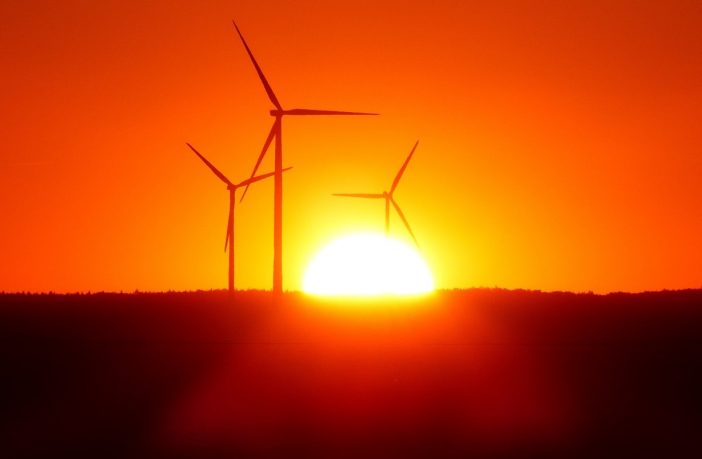- In July 2023, Eskom published Grid Application Capacity Rules premised on the first ready, first served” principle, aimed at giving preference to projects which were ready to connect to the grid.
- On 6 May 2024, Eskom submitted an application to NERSA in terms of section 21(2) of the Act, seeking the Energy Regulator’s approval to preserve and/or reserve grid connection capacity in favour of public Independent Power Producers (IPPs) emanating from the ministerial section 34 determination process, in anticipation of the upcoming Bid Window 7.
- Link to the application HERE: Consultation-Paper-on-Eskoms-Grid-Capacity-Reservation-and-Preservation-for-section-34-determination-IPPs
Section 21(2) of the Act provides that a licensee may not discriminate between customers or classes of customers regarding access, tariffs, prices and conditions of service, except for objectively justifiable and identifiable differences approved by the Regulator.
Eskom who has traditionally been designated as the Buyer in section 34 ministerial determinations, in accordance with sections 34(1)(c) and (d) of the Act, submits that the recent amendments to Schedule 2 of the Act opened up competition between public IPPs and private IPPs, for the limited available grid capacity.
As a result, Eskom argues that it needs to preserve and/or reserve, grid capacity for government procurement programs especially Bid Window 7 because it is duty-bound to support government’s energy procurement program and if it fails to do, it will erode investors’ confidence, undermine governments’ efforts to attract foreign direct investment in the energy sector, and frustrate other government initiatives related to just energy transition.
Eskom is of the opinion that preservation and/or reservation of grid capacity for government procurement programs especially Bid Window 7 requires a just discrimination between public IPPs and private IPPs, to be approved by the Energy Regulator in terms section 21(2) of the Act.
Following receipt of and responses to letters from Eskom requesting NERSA approval in terms of section 21(2) of the Act, NERSA guided Eskom to submit a formal application to enable Energy Regulator to make a decision.
Having received a formal application from Eskom, NERSA is undertaking a public participation process to ensure that the decision of the Energy Regulator complies with section 10 of the NERA read with the provisions of section 4 and 5 of PAJA. The deadline for submissions has been extended to 17 June 2024.
The main aspects of Eskom’s Grid Capacity Preservation and/or Reservation for section 34 determination IPPs that are discussed in this Consultation Paper, include:
- Eskom designated as a Buyer under section 34(1) determination of the Act.
- Expected rationality by Eskom when it exercises section 21(2) of the Act in grid capacity connection reservation and preservation for public IPPs.
- Eskom’s timelines for the construction of the new infrastructure to increase grid connection capacity and uptake of new generation capacity.
- Legal implications when certain sections of Schedule 2 Notice are perceived to be revoked by a section 21(2) Application.
- Any other stakeholder input or comment on Eskom’s application in terms of section 21(2) of the Act.
Author: Bryan Groenendaal
















1 Comment
This seems unfortunate. What will happen if an IPP is mid-build assuming grid capacity and then that grid capacity is subsequently reserved for a public sector IPP due perhaps many years later? Grossly unfair, but seemingly quite likely. The result is greater risk in building and a preference for less economic projects when built by Eskom, resulting in higher prices and slower delivery.